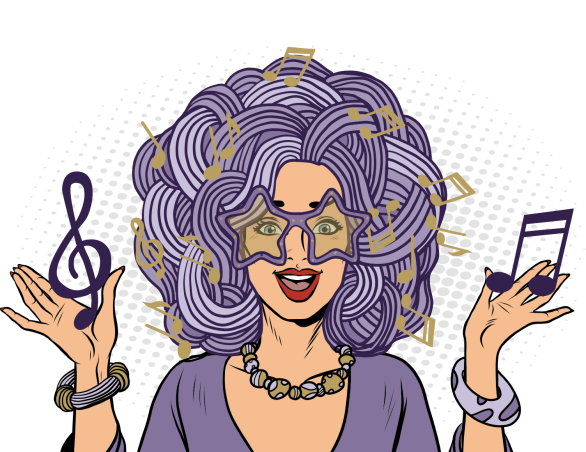
Blake Morgan e-Magazine | Winter 2021 | Issue 5

The BBC signed a new five year deal this month with the Performing Right Society (PRS) for Music to ensure that it has the rights to broadcast music over all of its services, to include television, radio, iPlayer, and BBC Sounds in the UK, as well as BBC World Service and BBC Studios internationally.
by Sarah Whittle
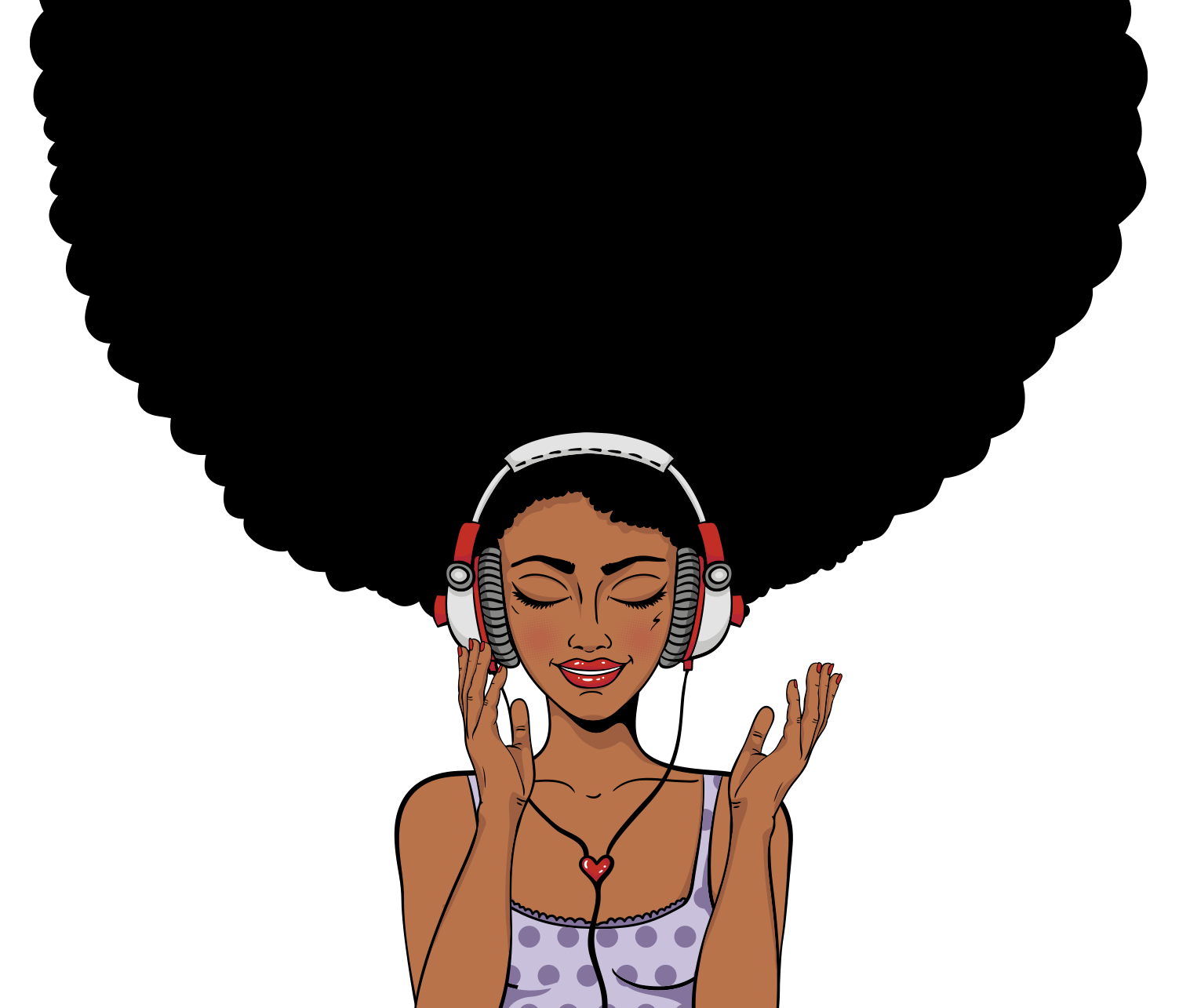
If you need any advice about music licencing, our experts are on hand to help.
If your business plays music within the workplace, you should make sure that you have the correct licence in place. You can apply for a licence from the Gov.uk website.
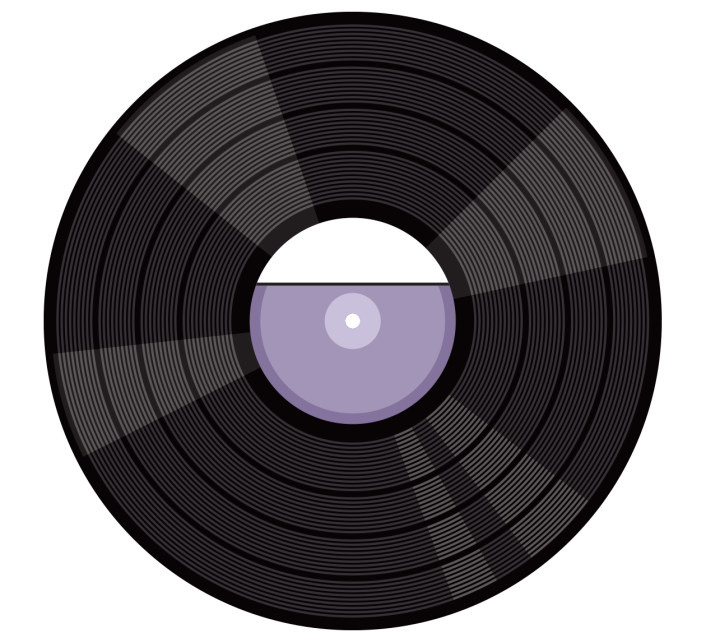
This means that businesses can find themselves facing action if they do not take care to ensure the correct licences are in place if, for example, you play music in a waiting room or as background music in public spaces when that music is covered by copyright.
There are of course many royalty free tracks available on the market, which is why most 'elevator music' sounds the same and is specifically produced for that purpose. But most other music will be covered by copyright, and given that copyright protection for music lasts for up to 70 years from the end of the calendar year in which the composer or author of the music dies, it's important to be aware of the licensing requirements.
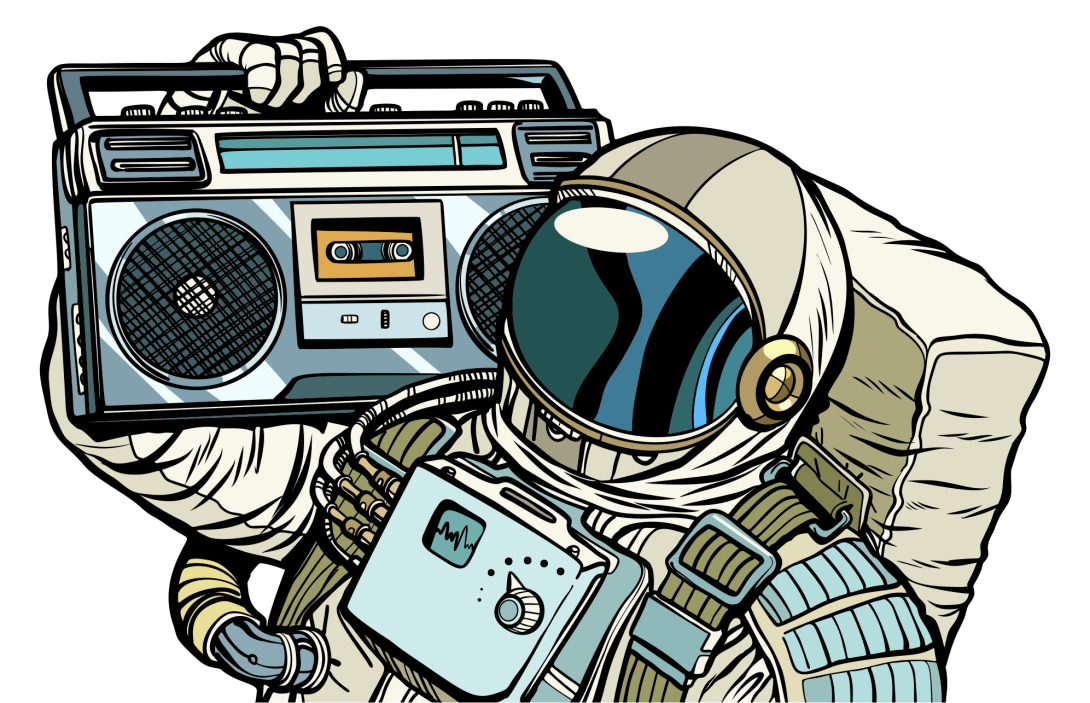
The Copyright, Designs and Patents Act 1988 states you need to get permission from the copyright holder to ‘perform’ music in public...
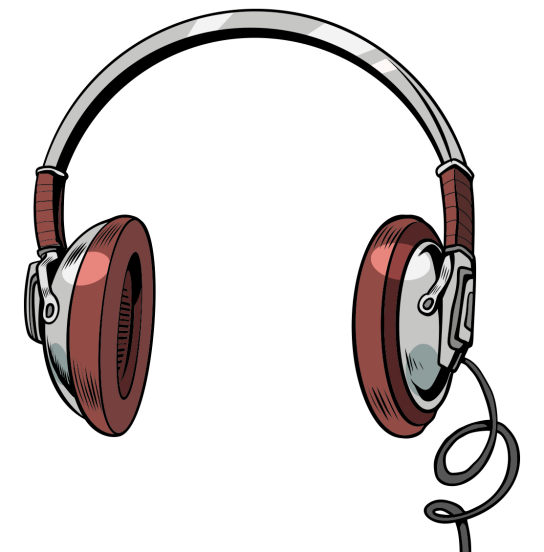
PRS for Music has entered into a joint venture with Phonographic Performance Limited (PPL), the other main collector of music royalties in the UK, to offer a single licence which is capable of covering the vast majority of performers and artists, avoiding the need to contact them individually. However, in order for PRS for Music to hold its place in the market as a 'one stop shop' for music licensing, it also needs to ensure that it protects its members' rights by taking enforcement action against those who do not have the necessary licence.
PRS for Music is the home for both the Performing Right Society (PRS) and the Mechanical-Copyright Protection Society (MCPS). It ensures that royalties are collected and paid out to its member artists when their music is broadcast on TV or radio, streamed or downloaded, copied as CDs or DVDs and perhaps, most pertinently, performed or played in public, whether live or recorded.
It is the need to pay royalties for music played in public that often catches people out. The Copyright, Designs and Patents Act 1988 states you need to get permission from the copyright holder to ‘perform’ music in public, and it is important to note that, for these purposes, playing recorded music in a public space is considered a public performance. This means that the copyright holder's permission, via a music licence, is needed if music is ever played on your premises for customers or staff; for example, through a radio, TV, CD, MP3 or computer speakers.
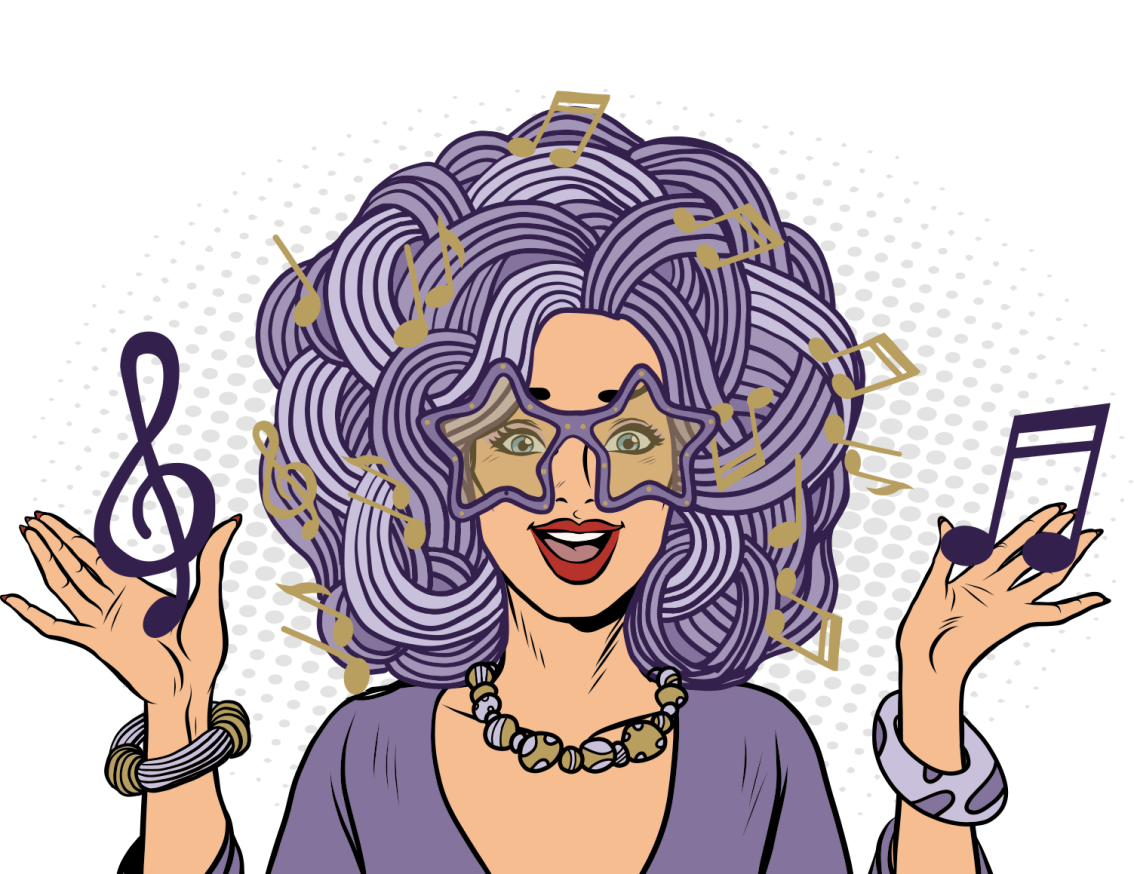
It is easy to appreciate why such a deal is essential for the BBC to operate. In 2020, PRS for Music processed over 100 billion lines of music data from across the BBC’s platforms, reflecting the importance of music across BBC services. But who is PRS, and why does music licensing affect a lot more businesses than just the obvious category of media companies broadcasting music?
by Sarah Whittle
The BBC signed a new five year deal this month with the Performing Right Society (PRS) for Music to ensure that it has the rights to broadcast music over all of its services, to include television, radio, iPlayer, and BBC Sounds in the UK, as well as BBC World Service and BBC Studios internationally.


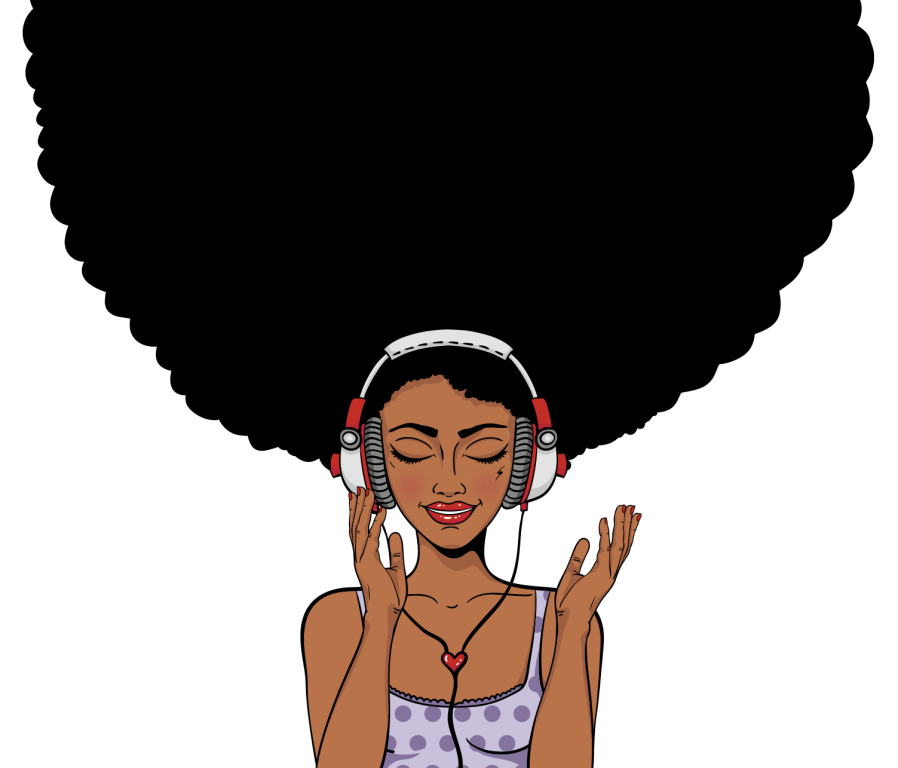

If your business plays music within the workplace, you should make sure that you have the correct licence in place. You can apply for a licence from the Gov.uk website.
If you need any advice about music licencing, our experts are on hand to help.
This means that businesses can find themselves facing action if they do not take care to ensure the correct licences are in place if, for example, you play music in a waiting room or as background music in public spaces when that music is covered by copyright.
There are of course many royalty free tracks available on the market, which is why most 'elevator music' sounds the same and is specifically produced for that purpose. But most other music will be covered by copyright, and given that copyright protection for music lasts for up to 70 years from the end of the calendar year in which the composer or author of the music dies, it's important to be aware of the licensing requirements.
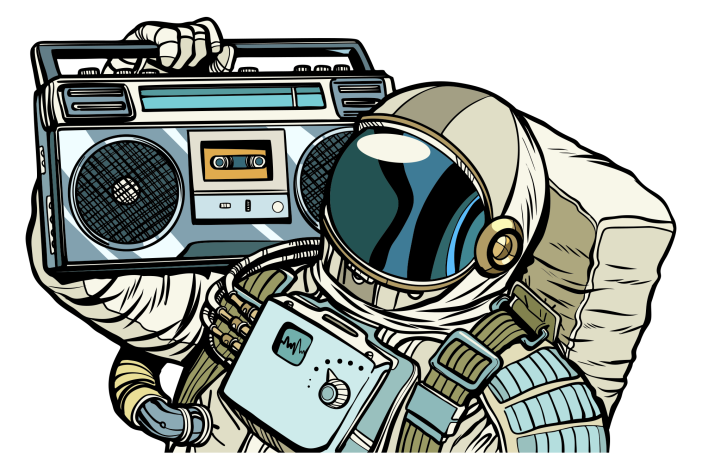
PRS for Music has entered into a joint venture with Phonographic Performance Limited (PPL), the other main collector of music royalties in the UK, to offer a single licence which is capable of covering the vast majority of performers and artists, avoiding the need to contact them individually. However, in order for PRS for Music to hold its place in the market as a 'one stop shop' for music licensing, it also needs to ensure that it protects its members' rights by taking enforcement action against those who do not have the necessary licence.
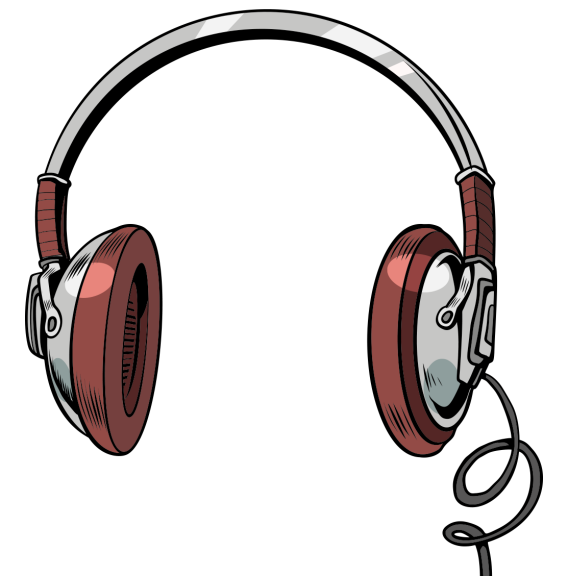
PRS for Music is the home for both the Performing Right Society (PRS) and the Mechanical-Copyright Protection Society (MCPS). It ensures that royalties are collected and paid out to its member artists when their music is broadcast on TV or radio, streamed or downloaded, copied as CDs or DVDs and perhaps, most pertinently, performed or played in public, whether live or recorded.
It is the need to pay royalties for music played in public that often catches people out. The Copyright, Designs and Patents Act 1988 states you need to get permission from the copyright holder to ‘perform’ music in public, and it is important to note that, for these purposes, playing recorded music in a public space is considered a public performance. This means that the copyright holder's permission, via a music licence, is needed if music is ever played on your premises for customers or staff; for example, through a radio, TV, CD, MP3 or computer speakers.
The Copyright, Designs and Patents Act 1988 states you need to get permission from the copyright holder to ‘perform’ music in public...
It is easy to appreciate why such a deal is essential for the BBC to operate. In 2020, PRS for Music processed over 100 billion lines of music data from across the BBC’s platforms, reflecting the importance of music across BBC services. But who is PRS, and why does music licensing affect a lot more businesses than just the obvious category of media companies broadcasting music?
